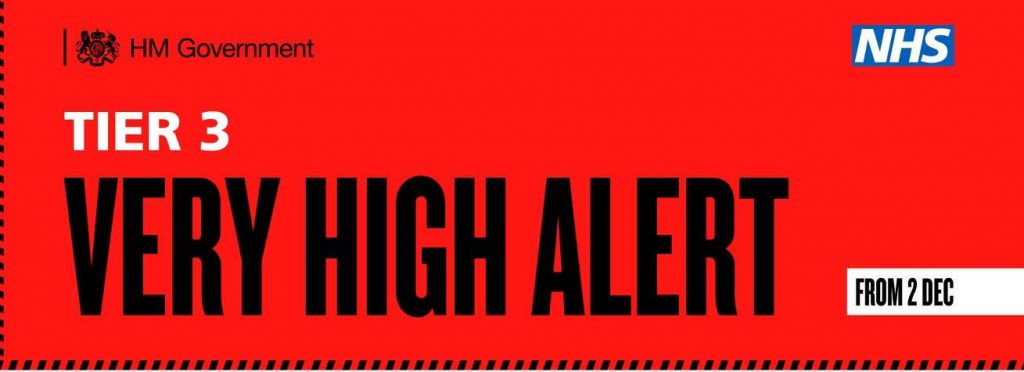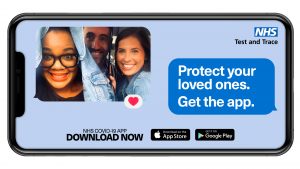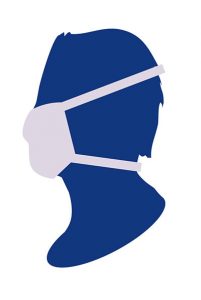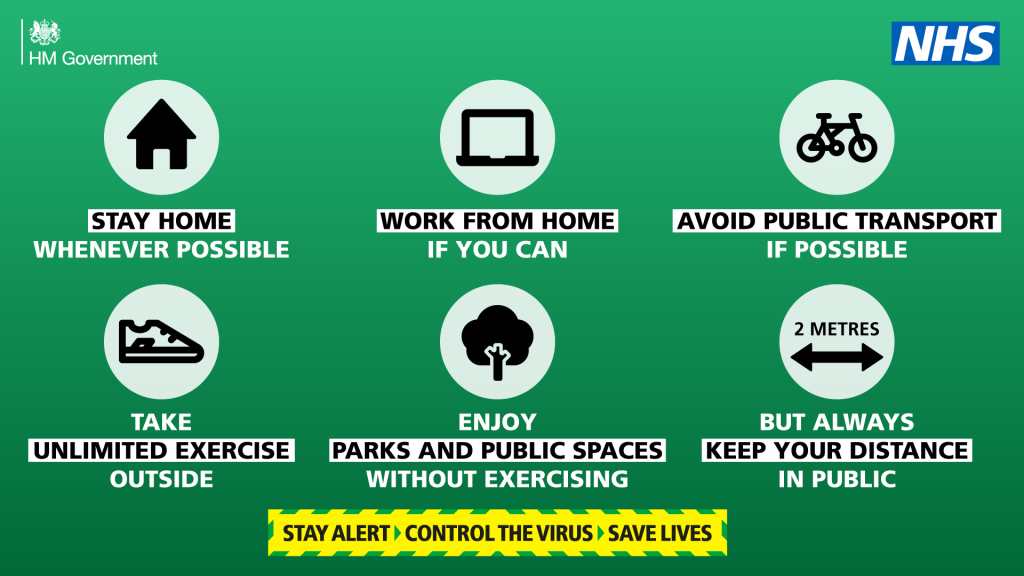Covid-19: Remain Cautious
While Coronavirus cases are high and rising, everybody needs to continue to act carefully and remain cautious.
Meeting with others
To minimise risk you should minimise the number, proximity and duration of social contacts.
If you can, meet outdoors or, if you’re indoors, think about how you can improve ventilation to letting fresh air in.
Limit the close contact you have with those you do not usually live with, and increase close contact gradually.
Face coverings
The Government expects and recommends that people wear face coverings in crowded areas.
Hygiene
Wash your hands with soap and water or use hand sanitiser regularly throughout the day.
It is particularly important to wash your hands:
- after coughing, sneezing and blowing your nose
- before you eat or handle food
- after coming into contact with surfaces touched by many others, such as handles, handrails and light switches
- after coming into contact with shared areas such as kitchens and bathrooms
- when you return home
Where possible, avoid touching your eyes, nose and mouth. If you do need to touch your face (for example to put on or take off your face covering), wash or sanitise your hands before and after.
Get tested and self isolate
If you develop COVID-19 symptoms, self-isolate immediately and get a PCR test, even if your symptoms are mild. You should self-isolate at home while you book the test and wait for the results. You must self-isolate if you test positive. Your isolation period includes the day your symptoms started (or the day your test was taken if you do not have symptoms), and the next 10 full days. This is the law.
The most important symptoms of COVID-19 are recent onset of any of the following:
- a new continuous cough
- a high temperature
- a loss of, or change in, your normal sense of taste or smell (anosmia)
Testing twice a week
Around 1 in 3 people with COVID-19 do not have any symptoms. This means they could be spreading the virus without knowing it. Testing twice a week increases the chances of detecting COVID-19 when a person is infectious, helping to make sure you don’t spread COVID-19.
Rapid lateral flow testing is available for free to anybody.
Get vaccinated
All adults in England have now been offered at least one dose of a COVID-19 vaccine. The vaccines are safe and effective. They give you the best protection against COVID-19.
If you have not yet received the COVID-19 vaccine, you should get vaccinated. It usually takes around two to three weeks for an antibody response to develop. You need two doses of vaccine for maximum protection against COVID-19.
However, even if you have been fully vaccinated, you could still get COVID-19 and get sick – a recent PHE report shows that around 1 in 5 people who are double-vaccinated are still vulnerable to getting infected with the Delta variant and showing symptoms. You can also still spread COVID-19 to others. We all need to do what we can to reduce the spread of COVID-19 to protect others and to reduce the risk of new variants developing and spreading.
NHS Covid Pass
The NHS Covid Pass allows you to check your Covid status and demonstrate that you are at lower risk of transmitting to others through full vaccination, a recent negative test, or proof of natural immunity.
Cabinet Office:
https://www.gov.uk/guidance/covid-19-coronavirus-restrictions-what-you-can-and-cannot-do#keeping-yourself-and-others-safe





